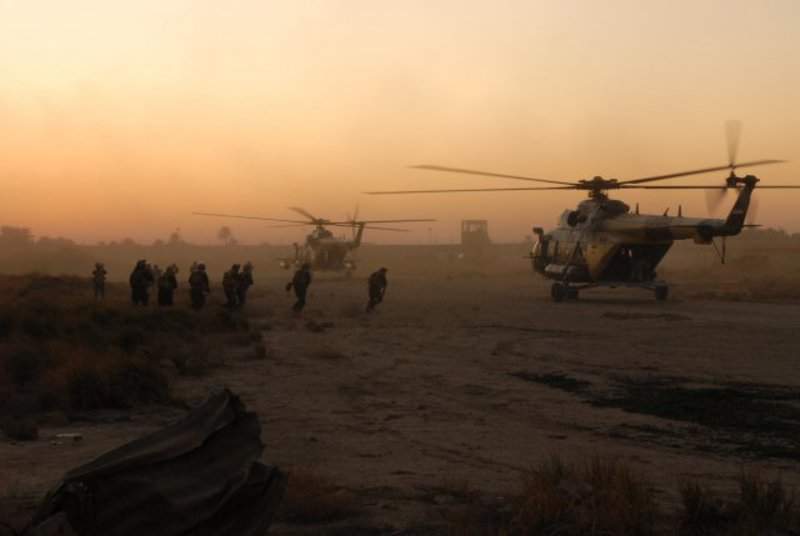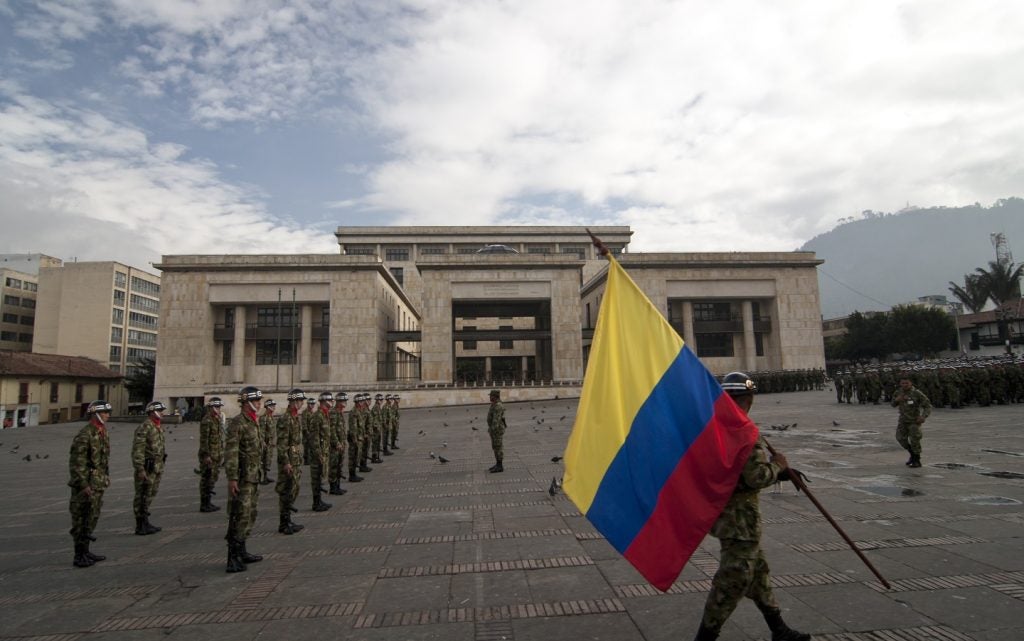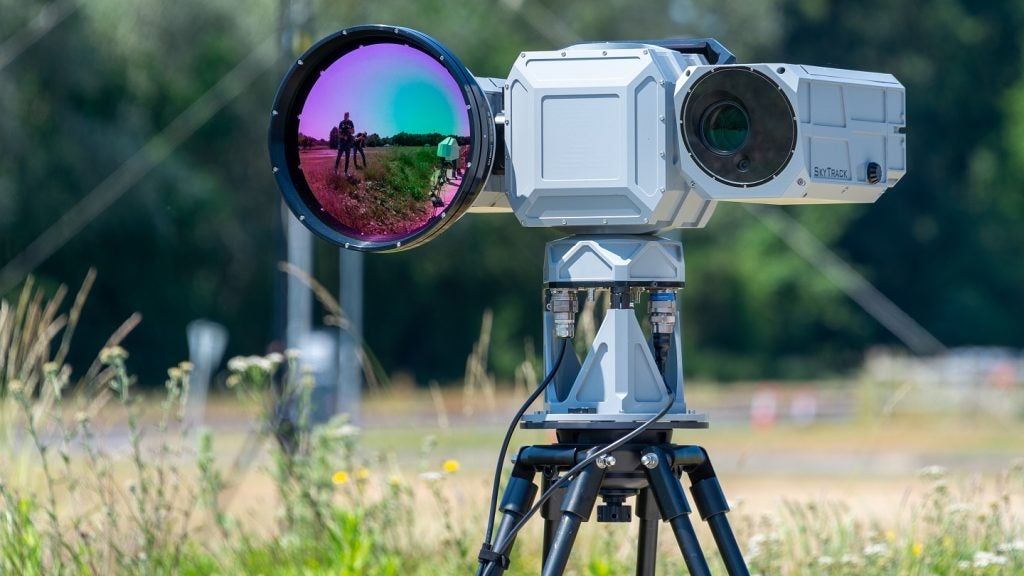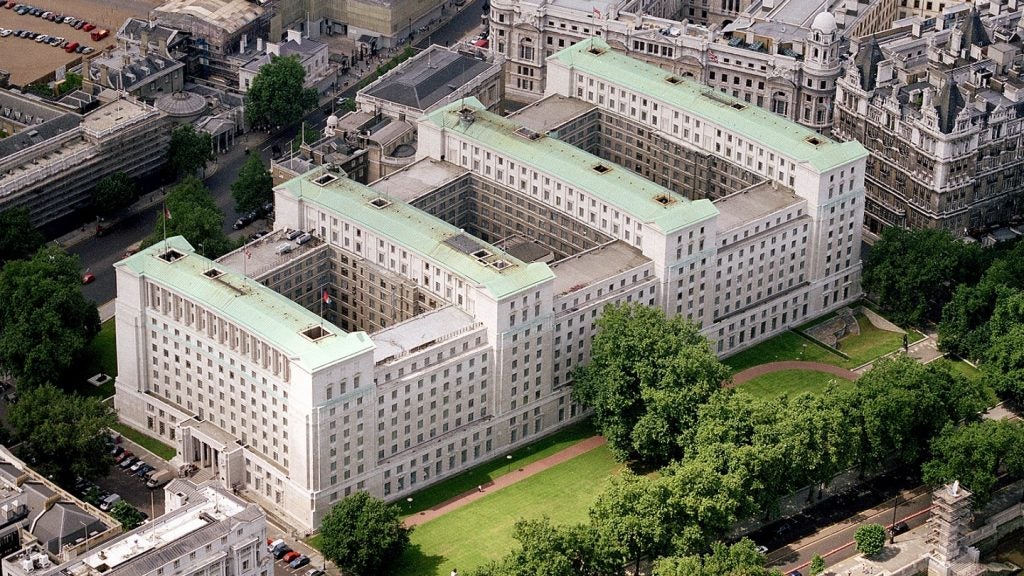
The killing of Iranian Quds General Qasem Soleimani, which sparked a sharp spike in international tensions, has also led to big stock price increases for the US’s biggest defence contractors.
The largest US defence companies, Lockheed Martin, Northrop Grumman, Raytheon and General Dynamics, all saw their stock prices jump after the US military last Friday killed top Iranian General Qasem Soleimani in a drone strike.
As fears of wider conflict grow, defence companies’ stock value increased, as did the price of oil and gold, in response to the tension. Today markets across the world opened lower as the ongoing tensions rage on. The situation has also affected the newly-floated Saudi Aramco oil company, with share value slipping from the high it reached after the company entered the markets.
The move, which has sparked a fierce war of words and threats of retaliation from the Iranian government and its affiliated proxy groups across the Middle East, has already resulted in a surge of an extra 3,500 US military personnel to the region and a vote in Iraq’s parliament to expel foreign military personnel from the country.
Iran has announced further steps away from the Obama-era Iran nuclear deal framework and US President Donald Trump has threatened that any retaliation would be met with a stronger US response. As the region braces for further escalation, stock prices across the defence sector have risen.
Head of research for GlobalData ADS Daniel Jones told Army Technology: “There’s been a broad increase in stock prices across the major prime contractors, with the biggest being seen by Raytheon, Northrop Grumman and Lockheed Martin. These companies all have large portfolios of products and capabilities that will be in high demand from both their domestic and regional markets, particularly if acquisitions and programmes are brought forward to prioritise near-term enhancement of existing capabilities as opposed to longer-term developments.
How well do you really know your competitors?
Access the most comprehensive Company Profiles on the market, powered by GlobalData. Save hours of research. Gain competitive edge.

Thank you!
Your download email will arrive shortly
Not ready to buy yet? Download a free sample
We are confident about the unique quality of our Company Profiles. However, we want you to make the most beneficial decision for your business, so we offer a free sample that you can download by submitting the below form
By GlobalData“These gains will likely be sustained in the near term, given how politically untenable it will be to reduce defence expenditure at a time of heightened tensions during an election year.”
On Friday, after news of the drone strike broke, F-35 manufacturer Lockheed Martin saw its share price increase by 3.6% to 413.74; similarly, Northrop Grumman also saw an increase in its share price, ending the day with a 5.4% increase on its stock price.
Other defence companies also responded positively to the news with Raytheon and General Dynamics seeing a 1.48% and 1.75% increase in their stock price respectively. In the UK this trend was followed with the value of shares in BAE Systems increasing by 1.1% and QinetiQ seeing a modest increase of 0.3%.
Bucking the trend, Boeing saw its share price fall amid ongoing problems with the 737 Max passenger aircraft, which continue to plague the company into 2020.
After the strike on Soleimani, the US Department of Defence (DoD) said: “At the direction of the President, the US military has taken decisive defensive action to protect US personnel abroad by killing Qasem Soleimani, the head of the Islamic Revolutionary Guard Corps-Quds Force, a US-designated Foreign Terrorist Organisation.
“This strike was aimed at deterring future Iranian attack plans. The United States will continue to take all necessary action to protect our people and our interests wherever they are around the world.”
UK Prime Minister Boris Johnson responded to the strike in a statement saying: “General Qasem Soleimani posed a threat to all our interests and was responsible for a pattern of disruptive, destabilising behaviour in the region. Given the leading role he has played in actions that have led to the deaths of thousands of innocent civilians and western personnel, we will not lament his death.
“It is clear, however, that all calls for retaliation or reprisals will simply lead to more violence in the region and they are in no one’s interest.”
Johnson went on to say that the UK would push for de-escalation from all sides to bring Iran and the US back from the brink.
This call for de-escalation was echoed in a joint statement from French President Macron, German Chancellor Merkel and Prime Minister Johnson on the situation in Iraq. The statement added that the “current cycle of violence in Iraq must be stopped.”
In response, the UK has instructed the Royal Navy to once again begin escorting commercial vessels through the Strait of Hormuz, in response to fears that shipping could be the subject of retaliation from Iran.







